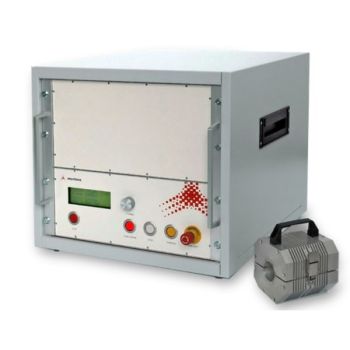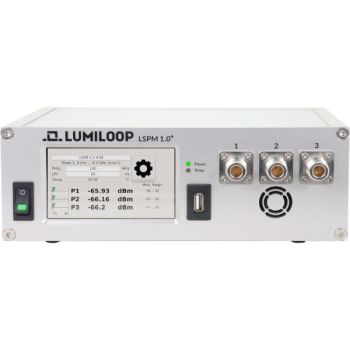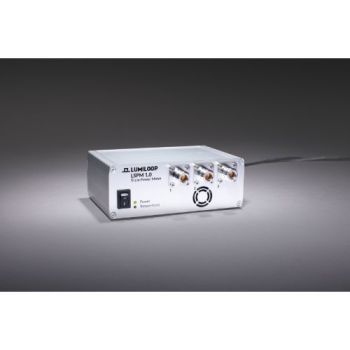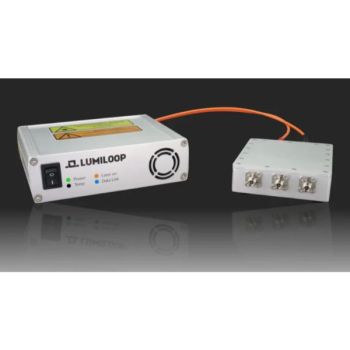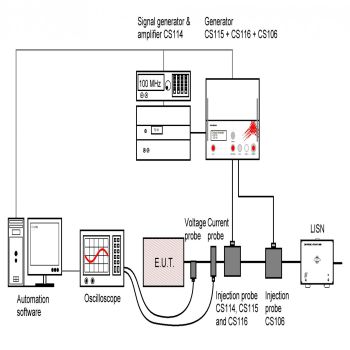
MIL-STD-461 CS114
OTHER PRODUCTS IN THE SAME STANDARD:
Test System for MIL-STD-641 CS114, CS115, CS116
- Automatic calibration for the whole test frequency range
- Application of all test frequencies automatically. The level can be selected or automatic.
- NO need to manually configure the measurement equipment
- NO need to manually integrate the transfer function of probes and attenuators
- Generation of test reports: NO need to record all values read from the measurement equipment
- Generation of calibration reports: NO need to record all calibration setting parameters
- Rack together and add CS101, CS109, and RS101 (sections 18, 19, and 20 of the RTCA DO-160G are also available.)
LSPM 1.0+ Triple High-Speed Power Meter, 9 kHz – 6 GHz (12GHz)
- 4.3″ Touchscreen and Ethernet Interface
- Three channel (Single and dual-channel versions are available as well)
- high speed
- high accuracy
- high dynamic range RF Power Meter.
LSPM 1.0 Triple High-Speed Power Meter, 9 kHz – 6 GHz (12GHz)
- Three channel (Single and dual-channel versions are available as well)
- high speed
- high accuracy
- high dynamic range RF Power Meter.
LSPM 1.1 Laser Powered, Triple High-Speed Power Meter, 9 kHz – 6 GHz (12GHz)
- Three-channel (Single and dual-channel versions are available as well)
- high speed
- high accuracy
- high dynamic range RF Power Meter
- Lasser Powered Power Heads, >1000V/m, Fibers >500m
LSPM 2.1 Laser Powered, Triple High-Speed Power Meter, 9 kHz – 26.5 GHz
- Three-channel (Single and dual-channel versions are available as well)
- high speed
- high accuracy
- high dynamic range RF Power Meter
- Lasser Powered Power Heads, >1000V/m, Fibers >500m

